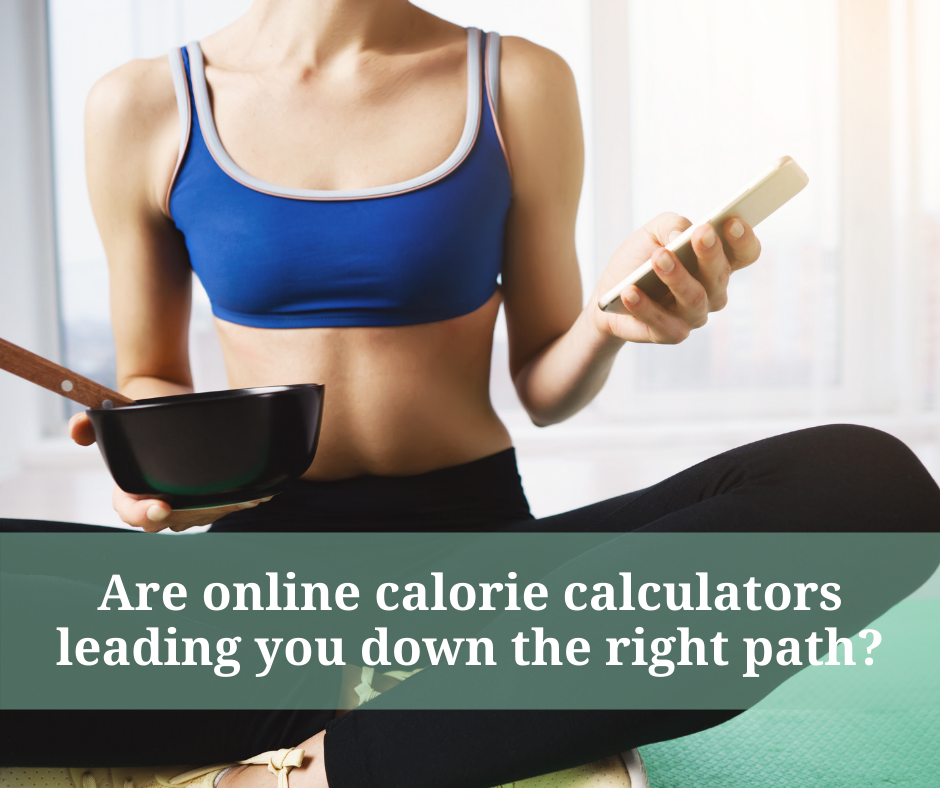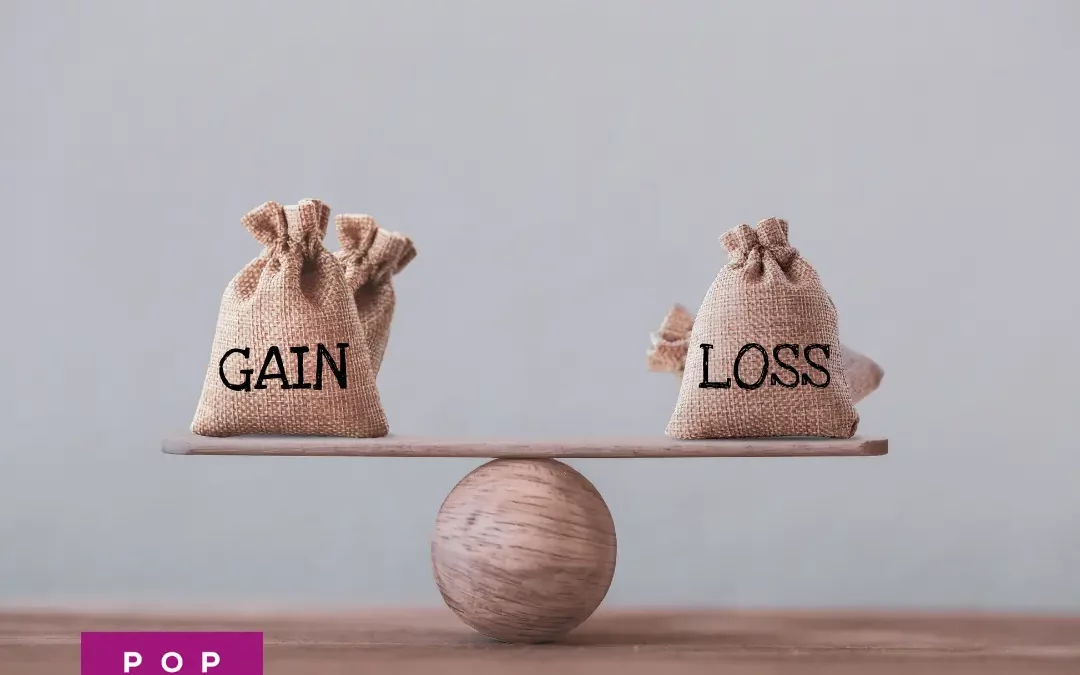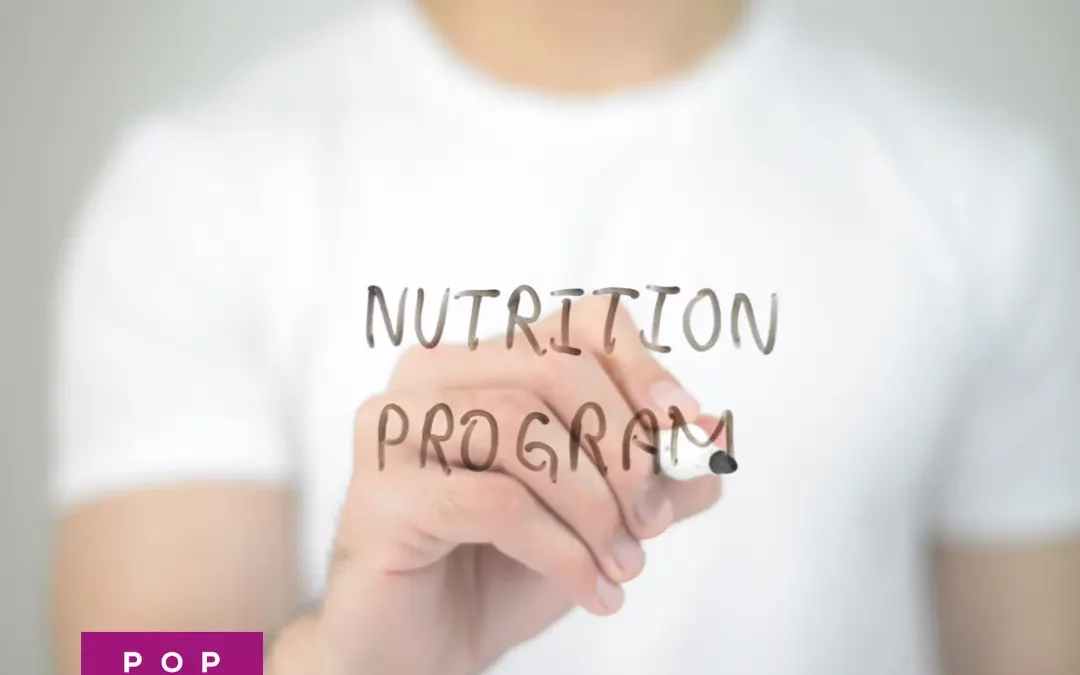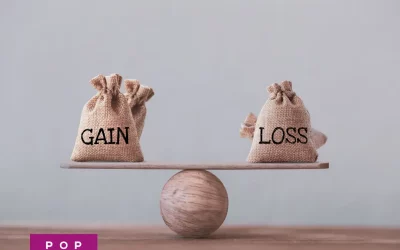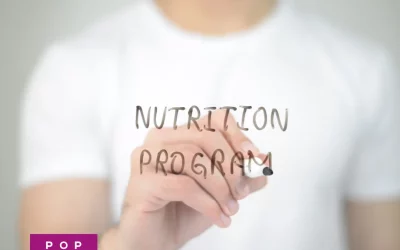This morning I woke up to a message on IG that said …
“Hey Mike, I have a macros question for you. I put my info. into a free online calculator. It allows you to input a time goal for fat loss. I marked 6 months for a 30 lb. goal. It has me around 1600 calories. I also marked high protein. Does this sound like I’m doing things correctly?”
This is such a beautiful question because it illustrates everything I discussed yesterday.
First of all, the 30 lb. goal in 6 months is perfectly reasonable. Obviously, a lot depends on the individual, but most of our clients lose between 20-30 lbs. in 6 months.
Some don’t have as much to lose and some need to go through more prolonged healing phases and some lose more. But, on average, 20-30 lbs. is typical.
Now, the online calculator that this individual used is actually very thorough. It’s more than your basic age, weight, height, sex, activity level formula.
They actually give you a time frame, eating preferences, meal frequency, and a bunch of other inputs.
However, there’s a fundamental flaw when using a calculation to reach your goals.
Aside from everything I detailed in yesterday’s email … the calculation does not account for the inevitable adaptation to a calorie deficit.
What I mean by that is … let’s say this individual is 190 lbs. The calculation is based on a 190 lb. individual. Well, what happens when she loses 10 lbs. and is now 180?
The calculation is still assuming she’s 190. Which is a big difference.
Now you may be thinking … well, couldn’t I just insert my new weight as I keep making progress?
Good question. Yes, you can, but it still doesn’t account for the way your body adapts.
Let’s say that this individual loses 10 lbs. on 1600 calories and then re-enters her info. at 180 lbs. Now, the calculator might tell her to eat 1500 or 1400 calories.
Let’s say she loses another 5 lbs. and then re-enters her info. at 175 lbs. Now, she might be down to 1300-1350.
You see where I’m going with this? You run out of real estate very quickly and set yourself up for an epic rebound.
This has been illustrated in research over and over again.
Ok, so consistently dropping calories lower and lower is out of the question. So, maybe she should just eat 1600 calories for 6 months and cruise to her goal of 30 lbs. down.
Not so fast. Once again, the body is an adaptation machine. While 1600 calories may produce a result for a certain period of time … inevitably, the body will adapt.
How does the body adapt? Down regulating metabolic rate, increasing hunger hormones, increasing stress hormones, and lowering sex hormones.
We also know from research that subconscious movement will be lower, which means calories burned will be lower.
So, now we end up with an individual who has a slower metabolism, is hungry and cranky, has no sex drive, and isn’t burning as many calories per day.
Enter: the dreaded weight loss plateau!
Where do we go from here? Well, most people would drop calories lower. But, once again, we end up in the same position.
Maybe it leads to a few more pounds down but the same adaptations will occur. And, another dreaded plateau will happen.
Then what? Drop calories again? Seems like another race to 1200 calories and the perfect recipe to regain everything you lost.
The final adaptation worth mentioning is the body fat overshooting mechanism. As I’m sure you know, your body is focused on one primary task … keep you alive.
After prolonged periods of not having enough nutrients coming in, your body is trying to protect you from famine and starvation. It’s also pretty damn smart.
And, once it feels safe (you start eating more) and you’ve communicated to your body that “we survived,” your body wants to make sure that experience doesn’t happen again!
So, it will send signals to increase body fat beyond where you started. This is known as body fat overshooting theory. The reason is simple … if you have more stored energy (body fat = stored energy), you are able to live longer without food.
This is the exact reason why statistics show that up to 67% of people who lose weight, gain it back plus interest.
So, maybe online calorie calculators aren’t the best solution?
It’s important to keep your metabolism functioning well and your body feeling “safe.”
How? By eating enough food, the right combination of foods, and the right types of food.
We also don’t want to go through prolonged periods of low calories. In the example above, I wouldn’t recommend 1600 calories for more than 4-6 weeks. And, even with that, I’d want periods of higher calories.
I don’t have much context for the woman that DM’d me … but, my advice was to prime her metabolism first by eating enough protein and overall calories, strength training, and prioritizing food quality.
That will send the “safety” signal to her body, at which point she can reduce calories and can begin losing fat at a much higher number than 1600 calories.
From there, I told her to monitor stress, drink enough water each day, prioritize sleep as much as possible, and get in some daily movement outside the gym.
Without being able to see how her body responds, I couldn’t give an exact macro ratio recommendation but I want to make sure she’s getting in adequate protein to maintain muscle mass and increase satiety.
She felt confident in 1g of protein per lb. of target body weight. The rest of the calories can be split up between carbs/fats based on personal preference, training style, activity level, and personality type.
I told her to monitor biofeedback markers like hunger, cravings, mood, energy levels, stress, digestion, sleep, and performance/recovery.
If she notices some red flags (like low energy and intense cravings), then go back to eating at maintenance for a bit until those markers improve.
The last piece of advice was to make the process enjoyable and sustainable. I told her to think about the things she enjoys in terms of fun foods, alcohol, dining out, being social, etc.
Then, I told her to factor and estimate those things into her weekly averages. That way, she can still have a life and make progress in a sustainable way.
Personalized nutrition coaching vs. online calorie calculators
This may sound familiar because it’s the same process we follow with our 1:1 clients in our signature 6-month coaching program.
The biggest difference is that we are constantly monitoring everything and communicating back and forth to ensure that things progress exactly the way we want them to.
There’s only so much we can do without actually coaching someone through the process, but hopefully she can manage on her own!
If you’d like some guidance through this process and feel like your fat loss goals have been eluding you for too long and you want to remove the anxiety and stress around food …
Then our 1:1 coaching program might be for you. The best way to find out is to simply click the button below and PM me on Facebook and we’ll discuss your goals to see if we can help!
You can ask me questions as well and if we both feel like it’s a great match, we can get started right away!
Much love,
Coach Mike

